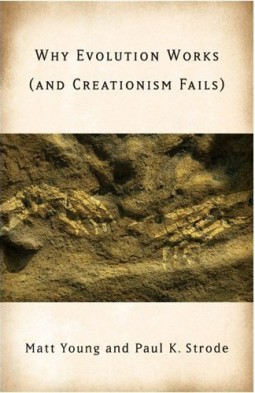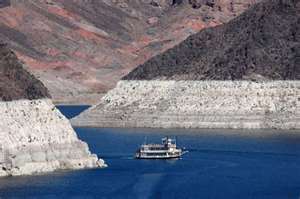
Water Recycling for Climate Resilience (start time: 7:54) When you poured tap water into your coffee maker this morning, or flushed the toilet, you may not have been thinking about where that water came from, or where it flowed to next. Pegged to World Water Week, on this week’s How On Earth host Susan Moran interviews Austa Parker, PhD, an environmental engineer who is a consultant for the firm Brown and Caldwell on national water-reuse issues. She formerly worked for Denver Water and as an adjunct professor at CU Boulder. Our discussion focuses on direct potable reuse (DPR), the process of transforming treated wastewater, including human effluence, into drinking water. Climate change, intensifying droughts and population growth in the already parched U.S. West are pressuring states and cities to pursue DPR as a means of becoming more climate-resilient.
Resource links:
WateReuse Colorado
WateReuse Association (national)
Colorado’s regulations (passed in late 2022) on direct potable reuse
Hosts: Susan Moran, Joel Parker
Show Producer: Susan Moran
Engineer: Joel Parker
Executive Producer: Beth Bennett
Listen to the show here:
Podcast: Play in new window | Download (Duration: 26:51 — 36.9MB)
Subscribe: RSS



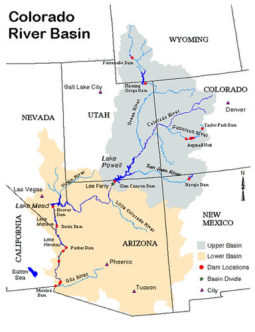 Colorado River Basin Crisis Pt. II (start time: 6:19): This week’s How On Earth show focuses on the implications and future prospects after the federal government in June ordered the seven Western states that rely on the river to come up with a plan to save trillions of gallons of water from the shrinking river) — and after the August 15 deadline came and passed without a deal. (Here’s the Bureau of Reclamation’s
Colorado River Basin Crisis Pt. II (start time: 6:19): This week’s How On Earth show focuses on the implications and future prospects after the federal government in June ordered the seven Western states that rely on the river to come up with a plan to save trillions of gallons of water from the shrinking river) — and after the August 15 deadline came and passed without a deal. (Here’s the Bureau of Reclamation’s 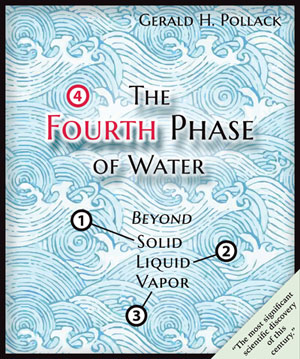



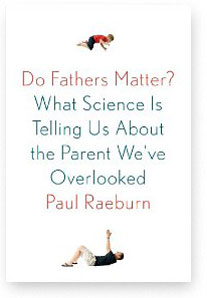
 Do Fathers Matter? (start time: 3:07) If you’re a father or a son or daughter – which pretty much covers everyone – this interview should hit home. Science journalist Paul Raeburn’s latest book — “Do Fathers Matter? What Science Is Telling Us About the Parent We’ve Overlooked” – explores what seems like a no-brainer question. But the answers he discovers surprised even him. After last week’s pledge drive teaser, we now offer the extended version of host Susan Moran’s interview with Raeburn.
Do Fathers Matter? (start time: 3:07) If you’re a father or a son or daughter – which pretty much covers everyone – this interview should hit home. Science journalist Paul Raeburn’s latest book — “Do Fathers Matter? What Science Is Telling Us About the Parent We’ve Overlooked” – explores what seems like a no-brainer question. But the answers he discovers surprised even him. After last week’s pledge drive teaser, we now offer the extended version of host Susan Moran’s interview with Raeburn.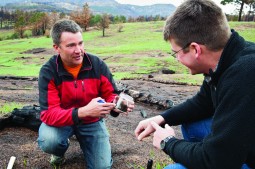
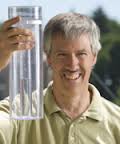

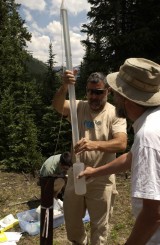
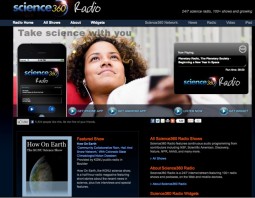
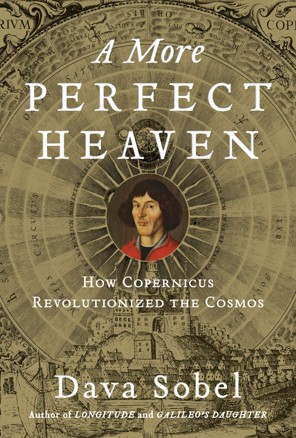
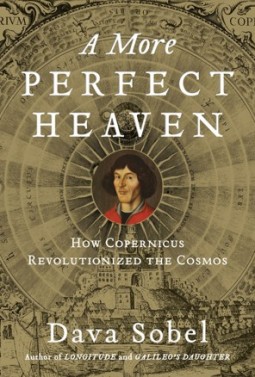
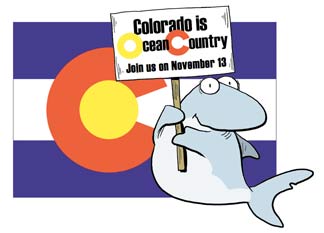
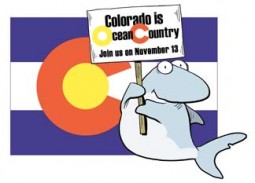 Feature #1 (time mark 5:30) When people think of Colorado, they usually don’t think about “oceans”. After all, Colorado doesn’t have much of a coastline these days, though it was definitely had oceanfront property a few hundred million years ago. However, being in a landlocked state doesn’t mean that there isn’t any thing we can do to impact the health and ecology of the ocean and marine biology. Co-host Joel Parker talks with Vicki Goldstein, founder and president of the
Feature #1 (time mark 5:30) When people think of Colorado, they usually don’t think about “oceans”. After all, Colorado doesn’t have much of a coastline these days, though it was definitely had oceanfront property a few hundred million years ago. However, being in a landlocked state doesn’t mean that there isn’t any thing we can do to impact the health and ecology of the ocean and marine biology. Co-host Joel Parker talks with Vicki Goldstein, founder and president of the 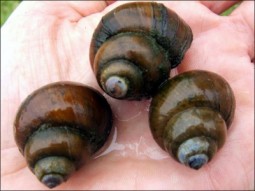 Feature #2 (time mark 14:10) Nitrogen – we can’t live without it, but you can have too much of a good thing. In its gaseous form nitrogen is harmless and makes up nearly 80 percent of the atmosphere. The worldwide population never would have reached 7 billion people without nitrogen, in the form of chemical fertilizer. But excess nitrogen –from fertilizer runoff, manure, human sewage and other sources is wreaking havoc on the environment. Co-host Susan Moran talks with John Mischler, a PhD student at CU Boulder, who is researching worms and snails in Colorado and Africa. He talks about how excess nutrients in ponds, lakes and elsewhere can lead to the spread of parasitic disease from trematodes to snails to us.
Feature #2 (time mark 14:10) Nitrogen – we can’t live without it, but you can have too much of a good thing. In its gaseous form nitrogen is harmless and makes up nearly 80 percent of the atmosphere. The worldwide population never would have reached 7 billion people without nitrogen, in the form of chemical fertilizer. But excess nitrogen –from fertilizer runoff, manure, human sewage and other sources is wreaking havoc on the environment. Co-host Susan Moran talks with John Mischler, a PhD student at CU Boulder, who is researching worms and snails in Colorado and Africa. He talks about how excess nutrients in ponds, lakes and elsewhere can lead to the spread of parasitic disease from trematodes to snails to us.
